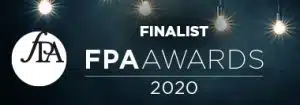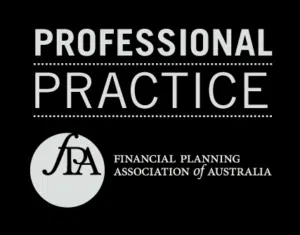13 April 2022
Six (6) D’s of business ownership & how to protect a business from a D-event.

Do the D-events resonate with you?
If you are a property investor or have an interest you may be familiar with the three (3) sacred D’s which relate to life events that create “highly motivated vendors.”
1. Death
2. Divorce
3. Debt
Deceased Estates are prime targets, as the primary decision maker is usually an independent trustee or attorney who has little, if any, emotional attachment to the property, or surviving family members seeking to distribute the estate quickly and equitably.
Debt defaults create mortgagee-in-possession sales, which also attract savvy buyers as the mortgagee is not necessarily looking to achieve the best possible price outcome, but merely enough to repay the principal.
Finally, divorces often create distressing atmospheres where the disputing parties can be looking to just put the immediate past life behind them as fast as possible.
Death, Divorce and Debt apply equally to businesses, but can have more devastating effects. The death of an owner or significant shareholder can deprive an enterprise of one of its key drivers or set in motion a chain of unintended negotiations between their estate and the surviving partners over the shareholding.
Divorces – particularly when the soon-to-be ex-spouses work together – have the potential to destroy value within a company as a result of the inherent costs, emotional consequences and distractions arising, whilst unmanageable debt can cripple a business and not only destroy shareholder value, but also the lives of other stakeholders, including staff.
However, value-destroying distressed business situations also arise out of other distractions, which come in a variety of forms not restricted to the fundamental “3 Ds”, which can be expanded to six (6) D’s in the business environment.
4. Distraction:
This can manifest in new business ideas, outside interests, personal circumstances or plain old boredom, which can cause a business’ owner to take their eye off the ball and leave a company adrift.
5. Disease (including Disability):
Ill-health can strike at any time and can be detrimental to a business. The loss of a key person for any period of time is difficult to cover in a smaller enterprise, and where death is a permanent condition, ill-health is in many cases only temporary, yet the timing and capability around return to work is rarely known from the outset, so is more difficult to plan for.
6. Disputes:
This can occur in myriad aspects of business life. Disagreements with business partners, employees, suppliers, customers, landlords and regulators occur on a regular basis and like the other Ds, can emerge completely out of the blue. The reallocation of resources required to deal with disputes often has adverse consequences for the business, particularly when costly third party professional assistance (e.g. lawyers, accountants, other specialists) is required.
So how can you protect a business from a D-event?
- Shareholder agreements
- Succession planning
- Insurance
- Internal business processes
- Financial management
- Strategic planning
Reproduced with permission: Avoiding distressful devaluations – The 6Ds of business ownership, Copyright 2021, Succession Plus.

















